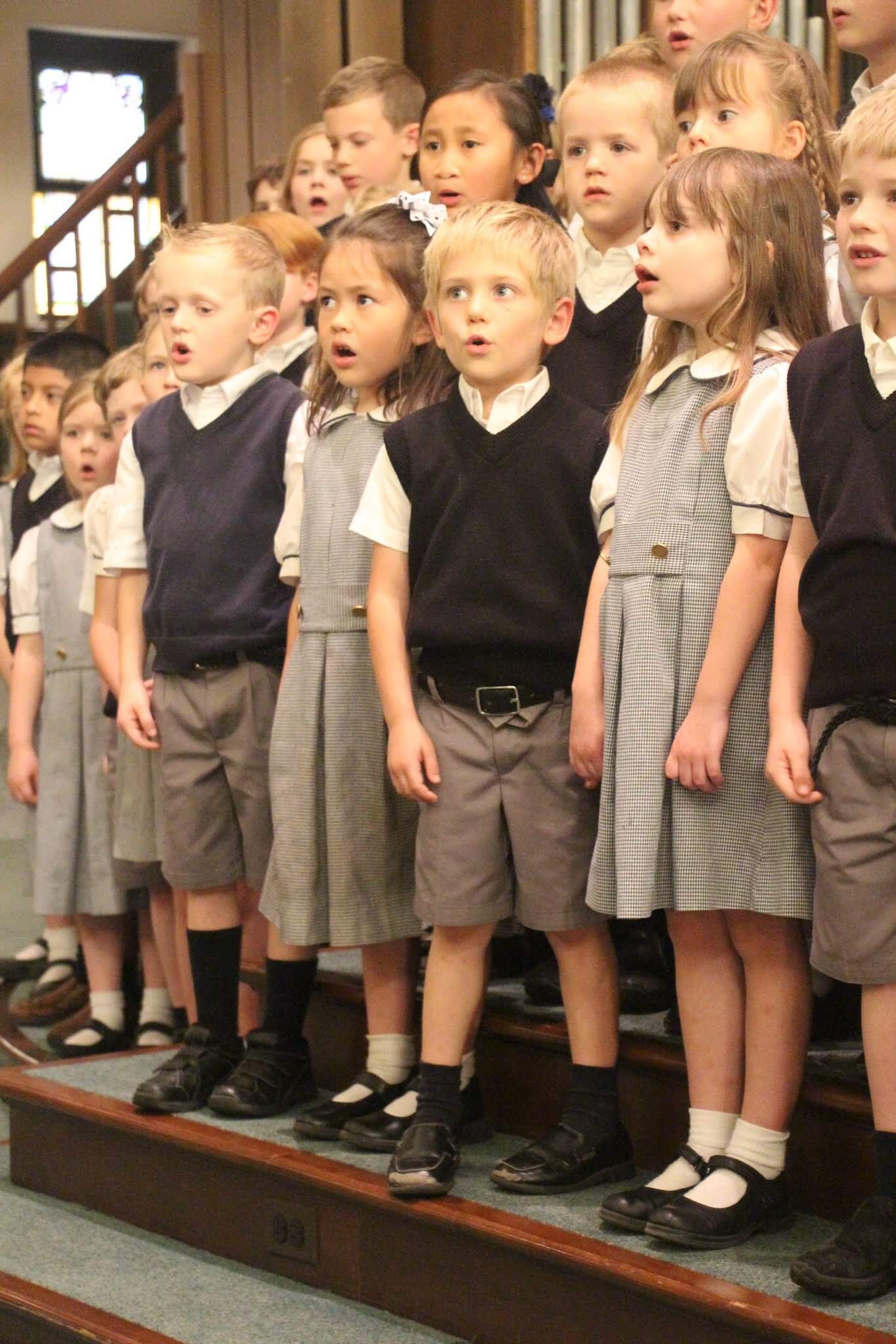by Michelle Tefertiller
We live in a technological age, so why would we need to bother with something as seemingly archaic as recitation? Many of us have heard about all the research evidence that the part of the brain you exercise, you maintain or grow, while the part you don’t use, you lose. But there are three other good reasons for employing recitation in your education program:
 Recitation is the best way to ensure a student truly knows the material. When engaged in a recitation, there is nowhere for the student to hide, there is no opportunity for tricks to disguise a lack of knowledge. You either know it or you don’t, and your knowledge–or ignorance will be evident to all. If recitation was a daily event, could students quietly slip from grade to grade without learning required material? And would they not, in addition, be more confident from this regular, oral practice?
Recitation is the best way to ensure a student truly knows the material. When engaged in a recitation, there is nowhere for the student to hide, there is no opportunity for tricks to disguise a lack of knowledge. You either know it or you don’t, and your knowledge–or ignorance will be evident to all. If recitation was a daily event, could students quietly slip from grade to grade without learning required material? And would they not, in addition, be more confident from this regular, oral practice?
Recitation develops good public speaking skills. In researching a definition of recitation to include in this post, I discovered one similarity among a number of dictionaries. All definitions included the fact that recitation was a public event. Whether the definition described the act as a giving a single answer, reciting a poem, or giving an oral dissertation of learned material, all took place in a public setting. By definition, recitation constitutes a public manifestation of knowledge which, in presentation, requires poise and focus. In addition to knowing what to say, recitation provides consistent practice in how to stand and how to enunciate. A good recitation will not be circumbendibus, inaudible or unclear. It takes daily practice to master.
Recitation is traditionally how students were tested. In earlier times, the primary form of examination was by oral recitation. A student stood before a teacher or panel of teachers and was asked to give oral explanations on a variety of questions in multiple subjects. These oral evaluations were considered a key to academic progress. Additionally, much popular entertainment consisted of animated recitations of favorite stories or poems. Winston Churchill was famous for having recited all 70 stanzas of the Lord Macauley’s “Horatius at the Bridge.”
Each of the Classical Core Curriculum levels include recitation. Primary level teachers are encouraged to begin the day with rapid-fire questions that cover a variety of subjects. For grammar and upper school teachers, recitation should be included at the beginning of Latin class as oral review of the conjugations and declensions. Math begins with the recitation of fact families or multiplication tables as a warm-up to the new lesson. All students should memorize Scripture and poems, maybe even aspire to the Churchillian memorization of “Horatius”!
Finally, what are the best ways to moderate recitation? According to the Teaching Guidelines found in the Memoria Press Curriculum Manuals:
- Conduct recitations with formality. Have students stand still and strait with their hands at their sides, facing the teacher or class.
- Be prepared. The teacher should have the information either memorized, for best results, or at the ready. Order will quickly be lost if there is much rustling of papers and fumbling of words. Try to keep a rhythm or cadence for the group. Do not allow the raising of hands as this will interrupt the flow.
- Prioritize key information. Recitation material should be the information that will be remembered for a lifetime. This is not the time to teach trivial facts.
- Do not underestimate your students. The best gift you can give your students is to expect the best from them.
Michelle Tefertiller is the Primary School Director for the Classical Latin School Association. For more information on this and other lower school issues, please do not hesitate to contact her at michelle@memoriapress.com.


